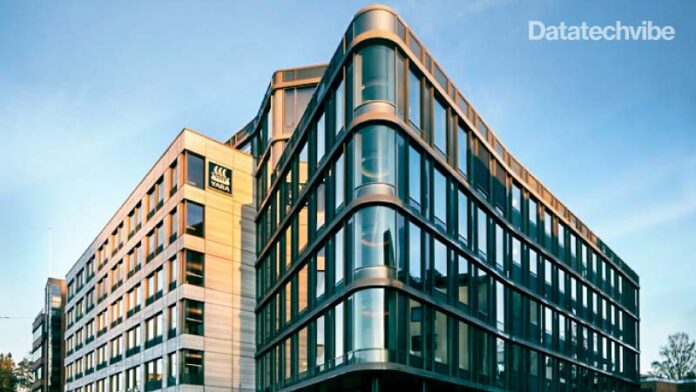Amazon Web Services (AWS) has announced a strategic IoT partnership with farming solutions provider Yara.
Optimising crop production is vital to ensure there’s enough food to feed an increasingly overpopulated world while minimising the environmental costs. IoT technologies, as usual, will play a key role.
Marcus Furuholmen, VP of Digital Production at Yara, said:
“Yara’s vision is simple yet extremely powerful. Through our worldwide operations we seek to contribute to a collaborative society, a world without hunger, and a planet respected. The digitalisation of our production system contributes to all these goals. The new Yara DPP (Digital Production Platform) will help us substantially improve efficiencies, foster collaboration with partners on new business models, and, most importantly, increase the quality of our fertiliser products, which will lead to more mouths fed globally in a sustainable way.”
Yara’s next-gen DPP will be built in collaboration with AWS.
Also Read: Why Intelligent Farming Is Vital For Food Security
DPP powers Yara’s production system which consists of 28 sites (featuring 122 production units that use various production processes including NPK, ammonia, nitric acid, nitrate granulation, and carbon dioxide plants) and two mines.
The next-gen DPP will use AWS IoT SiteWise, AWS IoT Greengrass, AWS IoT Core, and AWS IoT Analytics.
Bill Vass, VP of Technology at AWS, commented:
“We are proud to help Yara with its important mission to responsibly feed the world and protect the planet for years to come. The transformation of their production system is yet another example of how AWS helps and supports customers’ unique innovation endeavours. The Yara and AWS collaboration will have a profound impact on Yara’s global production system. With AWS as its preferred DPP cloud provider, Yara gains access to the broadest and deepest set of cloud functionality, the highest performance and security, and the largest community of partners and customers of any other infrastructure provider.”
Yara will benefit from AWS’ expertise in machine learning to predict the quality and composition of products, improve the balance of site utilities, and determine when machines are in need of repair to prevent/minimise downtime and keep production at optimal levels.
In addition to the software-based enhancements, drones and other robotics will also be used to help ensure the safety of employees by enabling them to avoid working at heights or in confined spaces.
No financial details of the partnership or estimated timescale for when the next-gen DPP will be in production have been disclosed.









